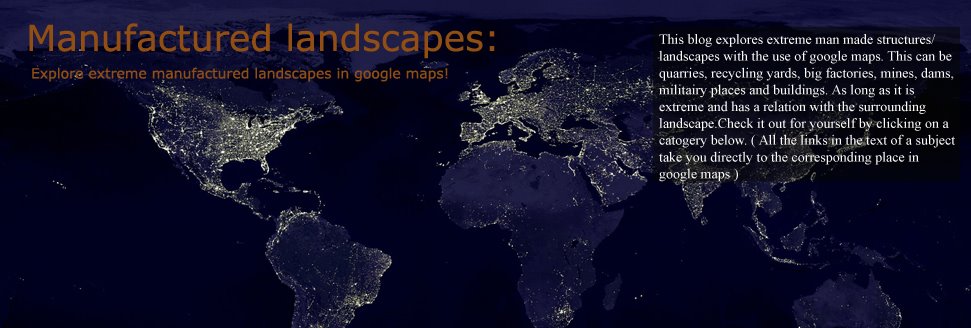There is no such species rich rainforest on the earth as the Amazon rainforest in northern South America, but there is also no rainforest where the deforestation is so massive and also so well visible from satellite images. The jungle here is typically cleared to provide pasture for cattle, then soy farmers move in later, and after the soy is not profitable anymore they cultivate their crops. In all the state that are part of the Amazone forest the deforestation is best visible in the state of Mato Grosso in Brazil. 48 percent of Amazon deforestation that took place last years occurred in Mato Grosso. Take for example this satellite image from google earth:

In 1992 this was one big forest, but now you see that the dark green color of the wood is largely taken over by agriculture. This is also the case in the state of Rondonia in Brazil. About 50 percent of the Amazon forest is felled here during the past 20 years:

The States of Amazonas and Para that cover most of the amazon forest are still largely covered by forest. But also here are large-scale logging projects going on. This happens usually along a main road from where the rain forest continues to be cut away. This creates an elongated form as you can see in the picture below in the state of Para:

In the picture below you can see this deforestation process in an earlier state in the Amazone state of Brazil:

In eastern Bolivia this deforestation is also done in some sort of agriculture circular crops to get the most efficient possible format for the farmers:


Not only humans are responsible for the deforestation of the Amazone forest. Often large forest fires occure. The most notable was the "Great Fire" that occurred in Roraima in 1998 and whose scars are still visible in the landscape:

The area in the picture above measures about 70 km by 120 km. This natural process is ,contrary to human logging, of course not damaging for the forest in the long term. If the human deforestation of this forest goes on in the same rate as now the Amazone rain forest will be 85% gone in the next 100 years. This could cause much more extreme weather on the planet and would contribute to the global warming. And maybe even more worse the loss of countless species and potential drugs against various diseases.

No comments:
Post a Comment